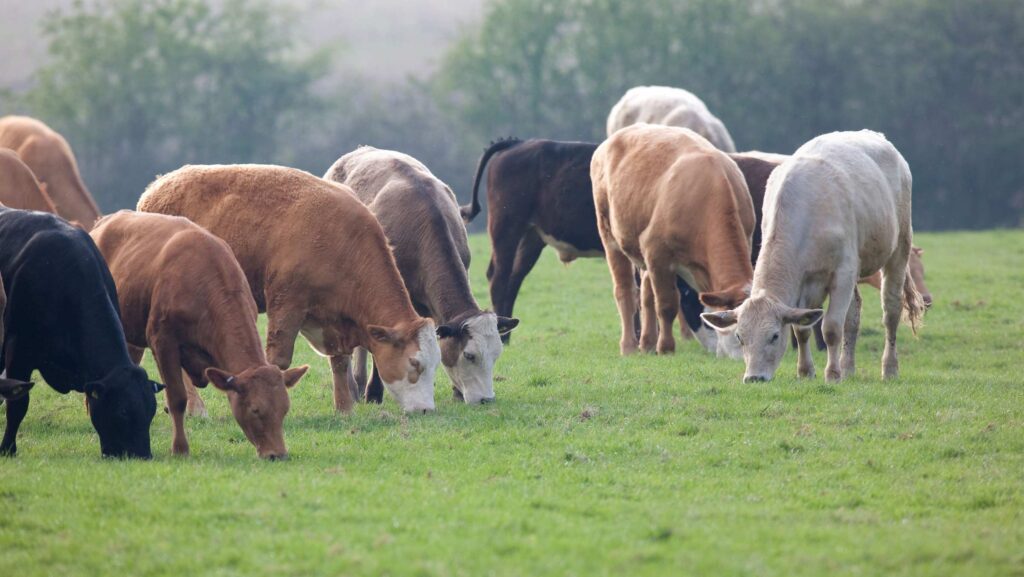New bluetongue control strategy revealed by Defra
 © Tim Scrivener
© Tim Scrivener Defra has published its plan to control the spread of bluetongue serotype 3 in livestock in England, as the risk of an outbreak looks increasingly likely.
The government is also working with manufacturers to provide access to a vaccine “as soon as possible”.
Earlier this month, the Animal and Plant Health Agency confirmed there is a very high probability of the bluetongue virus, specifically serotype 3, infecting livestock in Britain at some stage this year.
See also: New bluetongue vaccine gives hope for UK farmers
Chief veterinary officer Christine Middlemiss said: “We know that the likelihood of bluetongue virus entering Great Britain is increasing and so I would urge farmers to remain vigilant and report any suspicions to the Animal and Plant Health Agency.”
Defra’s new control framework initially focuses on controlling the movement of susceptible animals, as well as eggs, embryos, and semen, to stop the disease spreading prior to a vaccine being made widely available.
A 20km movement control zone will typically be introduced in England following the detection of bluetongue.
These temporary control zones will be under constant review and may be withdrawn if circulation of bluetongue becomes more widespread.
Defra has also confirmed that movement of animals within zones and direct to slaughter will still be permitted.
Initially, infected animals will be culled as a preventative measure, with farmers compensated for culled animals at the market rate.
However, if the number of cases increase substantially then culling is unlikely to continue to be used as a control measure.
The east and south coast of England have been earmarked as the areas facing the highest risk, with midges likely to be blown over from northern Europe.
Free testing in these areas is due to be provided for livestock moving away from the region.
Impact on farmers
Biosecurity minister Lord Douglas Miller said: “It is vital that we proactively plan and prepare for any potential bluetongue incursion and outbreak so that the impact on farmers and livestock keepers can be minimised as far as possible.
“We are actively engaging with vaccine manufacturers and industry about access to a safe and effective BTV-3 vaccine that has undergone thorough due diligence.
“All disease control decisions will be kept under constant review to ensure they remain proportionate and as effective as possible in controlling the spread of the disease.”
A vaccine has recently received emergency approval for use in the Netherlands and Belgium.
Northern Ireland
Farmers in Northern Ireland have also been urged to remain vigilant for the disease and as a result of GB cases earlier this year, movement of livestock to Northern Ireland has been suspended.
NI’s chief veterinary officer, Brian Dooher, said: “To date there have been no cases reported in Northern Ireland.
“This is the latest disease threat to the Northern Ireland livestock population and Daera remains committed to minimising the risk of introduction.
“As a result of these confirmed cases of BTV-3, moves of all live ruminants from Great Britain to Northern Ireland are suspended as they cannot meet certification requirements.
Mr Dooher concluded: “Surveillance for this disease within Northern Ireland has been increased to assist with detection at the earliest opportunity, which will facilitate more effective control measures.”
